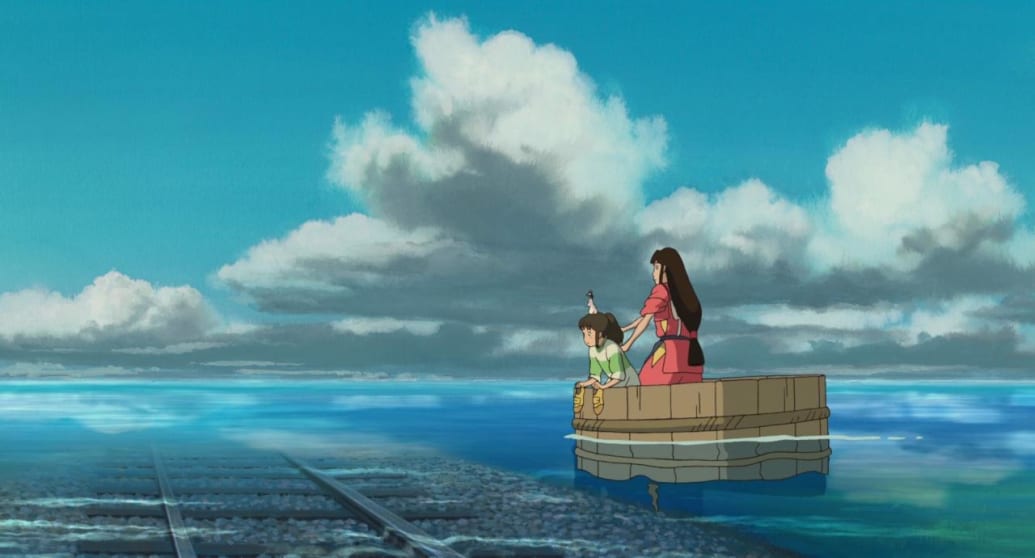Animation maestro Hayao Miyazaki has given the world a lifetime of joy and entertainment via his . The enormously successful Ghibli movie was Miyazaki’s return to filmmaking after promising retirement, earning him a second Academy Award. It’s a culmination of everything in Miyazaki’s career and is a particularly bold exploration of nature and our relationship with the world. Yet Spirit of Nature quickly tacks on a discussion of The Boy and the Heron in the final seconds. While Favier touches on how the film fits into Miyazaki’s lifelong relationship with the environment, it’s disappointing to see the discussion be so rushed. Perhaps the hurried nature of the segment is because the film was already finished when Boy and the Heron came out, but it feels like a considerable omission to give such a major work minor time.
Despite these choices, Spirit of Nature is still a warm, insightful celebration of one of, if not the most, influential filmmakers in the history of animation. Favier’s film is a critical analysis of what makes his work so admirable and essential. Though Miyazaki himself was not interviewed for the film (he’s famously uninterested in being interviewed), Spirit of Nature includes plenty of archival clips of the master at work, drawing away in the humble corner of his office that he shares with others. Most excitingly, Favier has gained access to Miyazaki’s film excerpts, which Favier shares with beautifully composed images of real nature, delivering first-person insight into what precisely Miyazaki was feeling and thinking when he made many of his greatest films.
Just like Miyazaki’s films refuse to pander to children, thriving on complex ideas, Favier’s film draws in intellectual thinkers like anthropologist Philippe Descola and writer Natsuki Ikezawa. They illuminate concepts like animism articulately—Favier does great work binding their words to key images from Miyazaki’s films, highlighting how these beliefs are an important step to understanding the dazzling creatures Miyazaki has created.
While the film doesn’t explore the complexities of animation as a medium, it thoroughly investigates the Japanese filmmaker’s relationship to nature, clearly clarifying how Miyazaki, Spirit of Nature promises plenty of rewards for those who watch it—most of whom, I suspect will be ardent fans of Studio Ghibli. There’s plenty of compelling information, like how Porco Rosso (1992) drastically changed the scope and direction in the creative process. Or how the first animated film Miyazaki ever saw—The White Snake Enchantress (1958)—changed his life forever. Even those who’ve seen every Miyazaki film over and over will find exciting new insights here.
Favier’s adoration of Miyazaki is evident in every frame, and the experts Favier has assembled—including his son, filmmaker Goro Miyazaki—have nothing on the utmost respect for him too. It manages to avoid being hagiographic by exploring the darker elements of Miyazaki’s life. Spirit of Nature offers a tantalizing, if not entirely complete portrait of a filmmaker often at war with himself: a man with an eternal love for the environment around him mired by an increasing despair at the state of the world.



